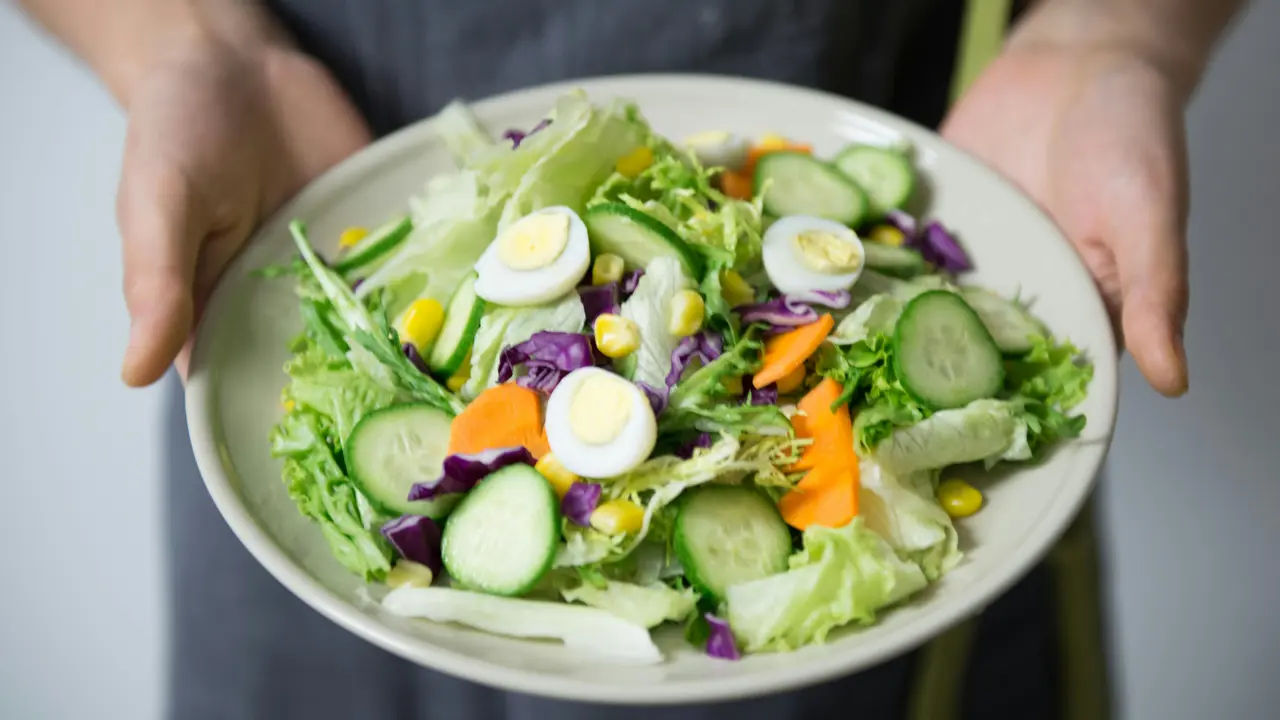When it comes to nutritious and convenient meal options, rotisserie chicken is a popular choice among many people. But have you ever wondered how many calories in one rotisserie chicken? This article will delve into the caloric content of a rotisserie chicken, breaking down its nutritional value and offering some tips on how to make the most of this delicious dish. Stay tuned as we explore this mouthwatering topic!
Understanding the Calories in One Rotisserie Chicken
The Basics of Rotisserie Chicken
Rotisserie chicken is typically a whole chicken that has been seasoned and roasted slowly on a rotating spit. This cooking method not only enhances the flavor but also helps in even cooking. Given its popularity, understanding how many calories are present in one rotisserie chicken is crucial for those monitoring their dietary intake.
Caloric Breakdown of Rotisserie Chicken
On average, a standard rotisserie chicken contains approximately 1,100 to 1,200 calories. However, this caloric value can vary based on several factors. Here are some points to consider:
- Size of the Chicken: Smaller chickens may contain fewer calories, while larger ones can exceed this average range.
- Skin vs. No Skin: The skin is rich in calories. If you consume the skin, you may be adding around 100-200 additional calories.
- Seasoning and Marinades: Some rotisserie chickens are seasoned with high-calorie marinades or sauces, which can increase total caloric content.
Nutrition Profile of Rotisserie Chicken
Macronutrients
In addition to calories, rotisserie chicken provides valuable macronutrients that benefit your diet:
- Protein: A rotisserie chicken is an excellent source of protein, with about 130 grams in a whole chicken. Protein is essential for muscle repair and growth.
- Fat: The total fat content ranges from 50 to 80 grams, depending on the amount of skin consumed.
- Carbohydrates: Rotisserie chicken is virtually carb-free, making it a good option for low-carb diets.
Vitamins and Minerals
Besides macronutrients, rotisserie chicken also contains several vitamins and minerals, such as:
- Vitamin B6: Important for metabolism and brain health.
- Niacin: Supports digestive health and aids in converting food into energy.
- Phosphorus and Selenium: Crucial for bone health and immune function.
How to Incorporate Rotisserie Chicken into Your Diet
Healthy Meal Ideas
Utilizing rotisserie chicken in your meals can lead to a variety of healthy dishes. Here are some ideas:
- Salads: Chop up the chicken and toss it in a fresh salad for added protein.
- Wraps and Sandwiches: Use shredded rotisserie chicken as a filling for wraps or sandwiches.
- Soups and Stews: Enhance your soups by adding diced rotisserie chicken.
Storing Leftovers
If you’ve purchased a whole rotisserie chicken, proper storage is key to maintaining freshness:
- Store leftovers in an airtight container in the refrigerator.
- Consume within 3-4 days to ensure optimal taste and safety.
- You can also freeze portions for later use, which can last up to three months.
Final Thoughts on Caloric Intake from Rotisserie Chicken
Portion Control
When considering how many calories in one rotisserie chicken, portion control is essential. Instead of consuming the whole chicken at once, consider serving sizes to manage your caloric intake effectively.
Conclusion
In summary, understanding how many calories in one rotisserie chicken helps you make informed dietary choices. With an average of 1,100 to 1,200 calories, this versatile dish is not only delicious but also packed with essential nutrients. Remember to keep portion sizes in check and find creative ways to incorporate rotisserie chicken into your meals. If you found this article helpful, don’t hesitate to share it with your friends or check out our other informative posts on healthy eating!
Calories – Recent Articles
- Can You Burn Calories by Sitting? Discover the Surprising Truth!
- How Many Calories in Confectioners Sugar? Discover the Truth!
- Unlocking Nutrition: How Many Calories in Half a Cup of Milk?
- How Many Calories a Cup of Tea? Discover the Surprising Truth!
- Discover How Many Calories Are in a Seedless Watermelon!
Calories – Useful Links
- NCBI Bookshelf – Calories (StatPearls)
- NCBI – Information about Energy Balance
- NHLBI / NIH – Energy Balance and Obesity (We Can! Healthy Weight Basics)
- USDA – FoodData Central
- CalorieControl.org – Food Calorie Calculator
